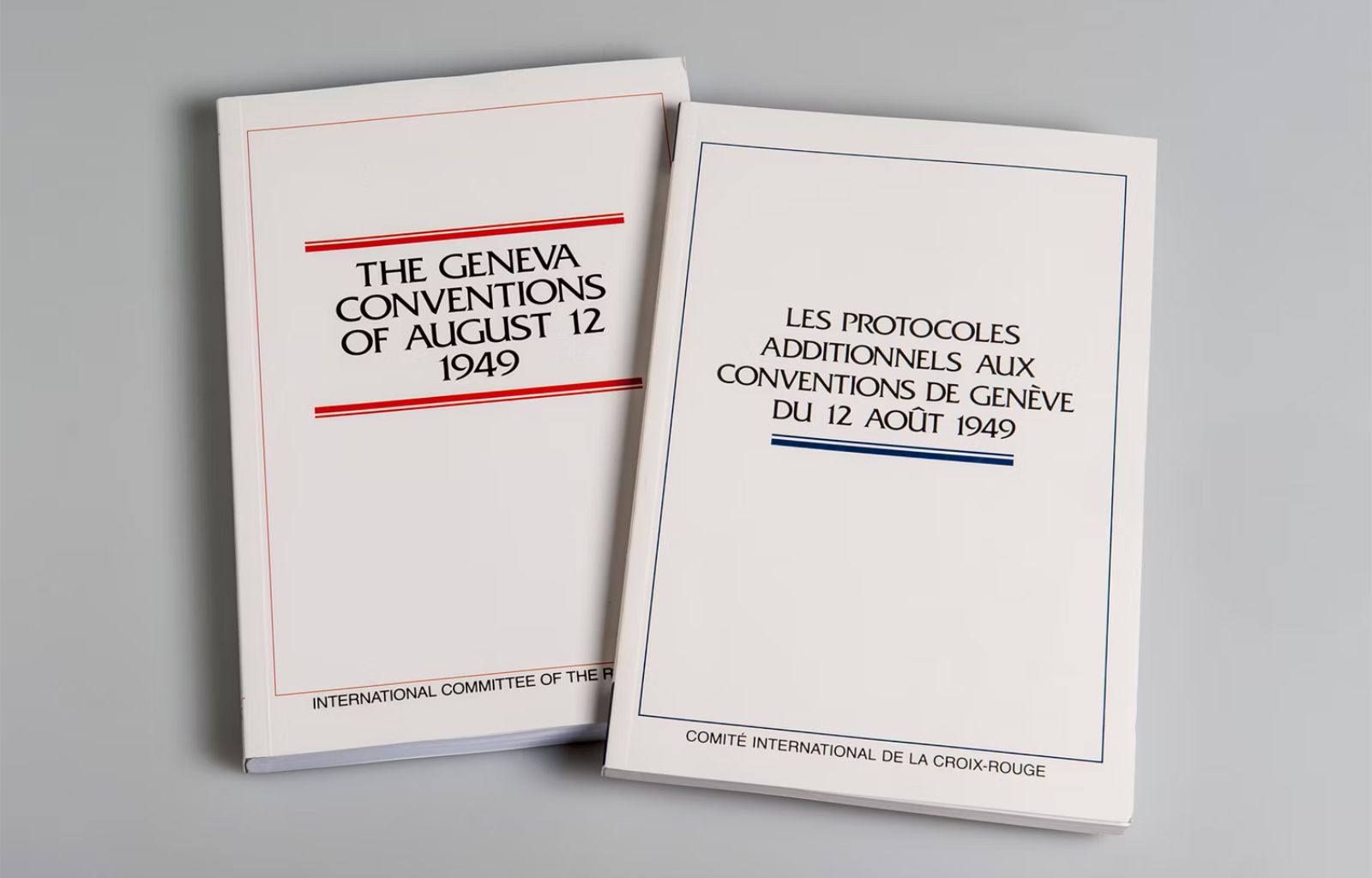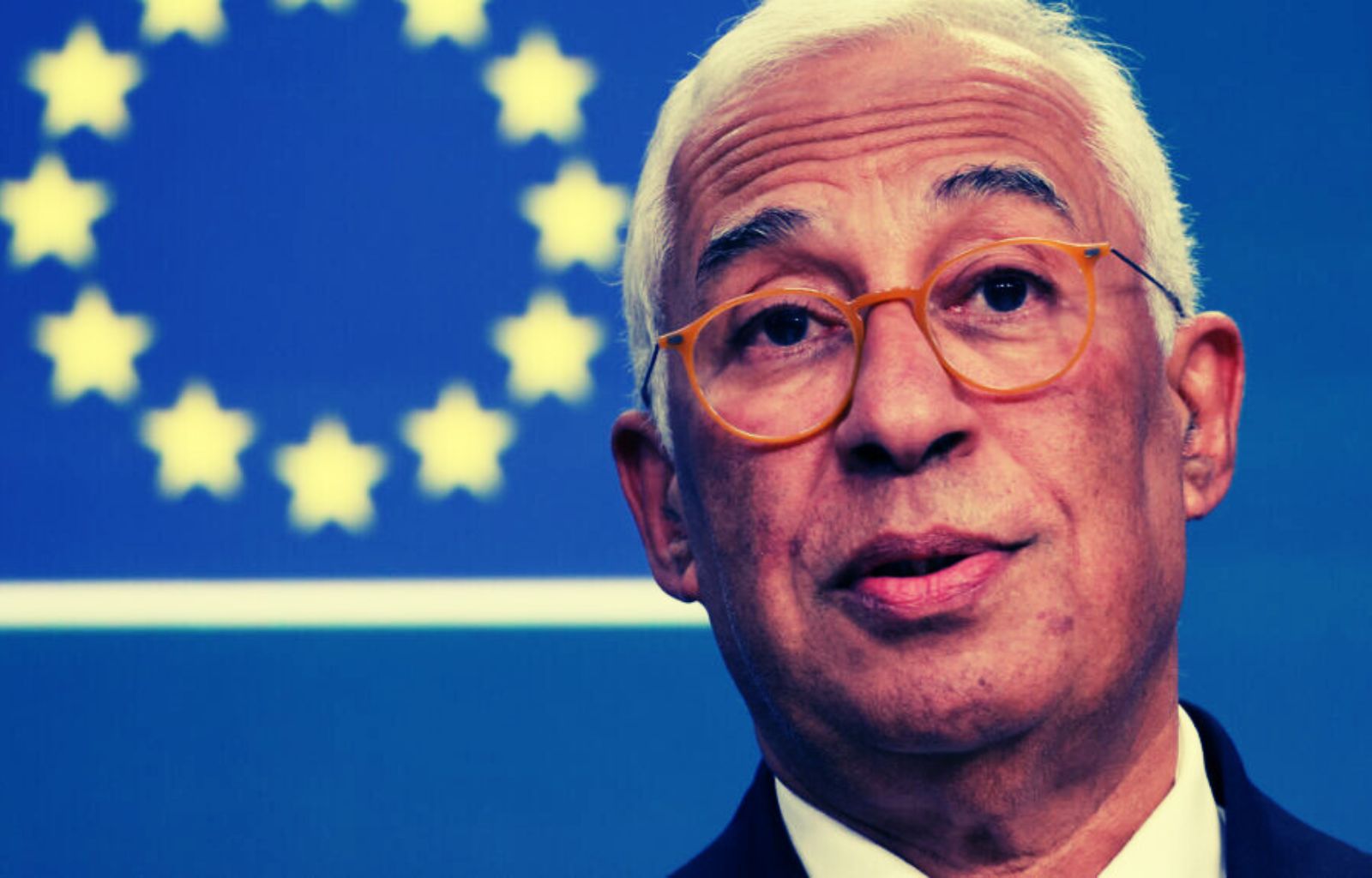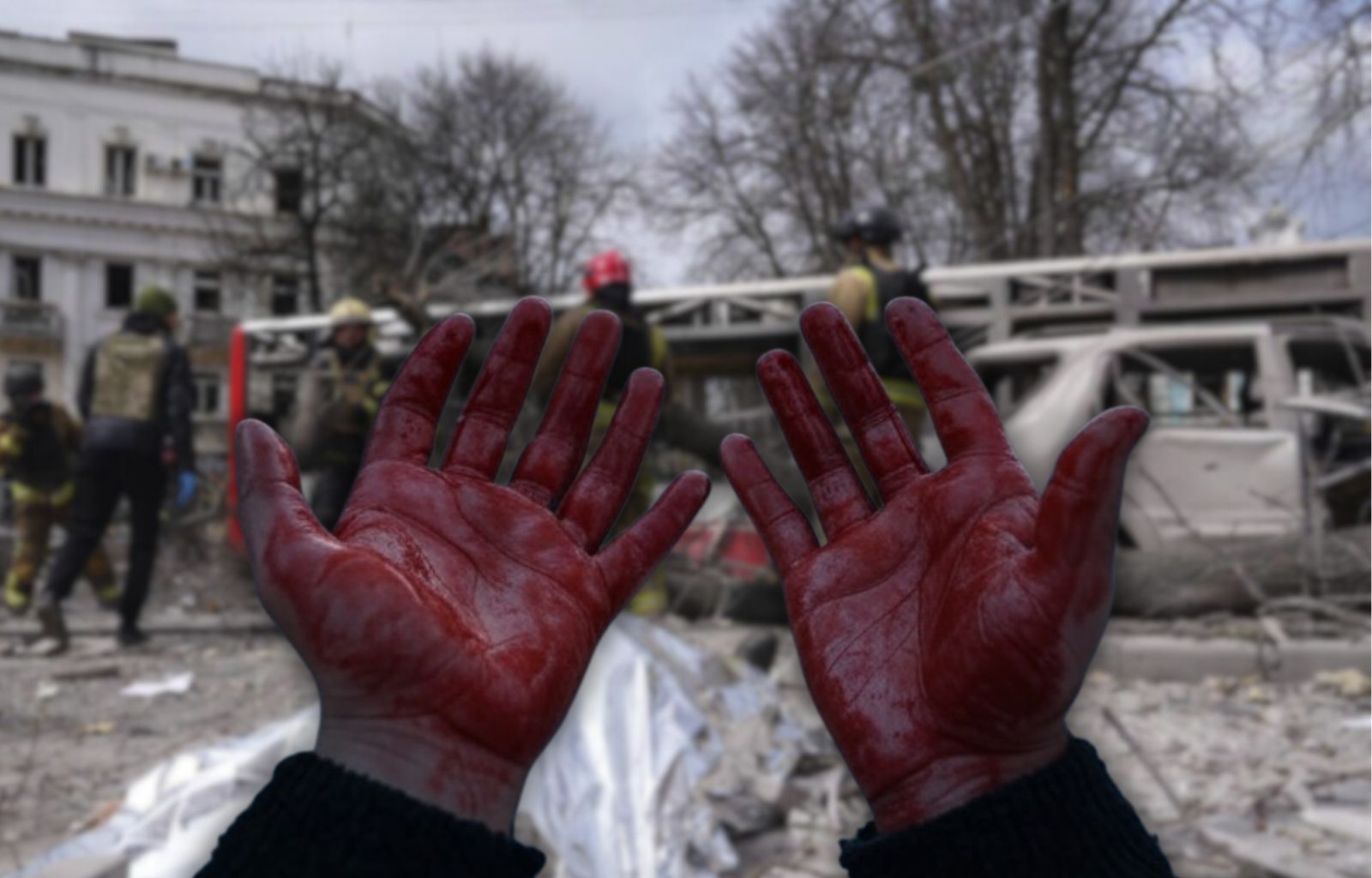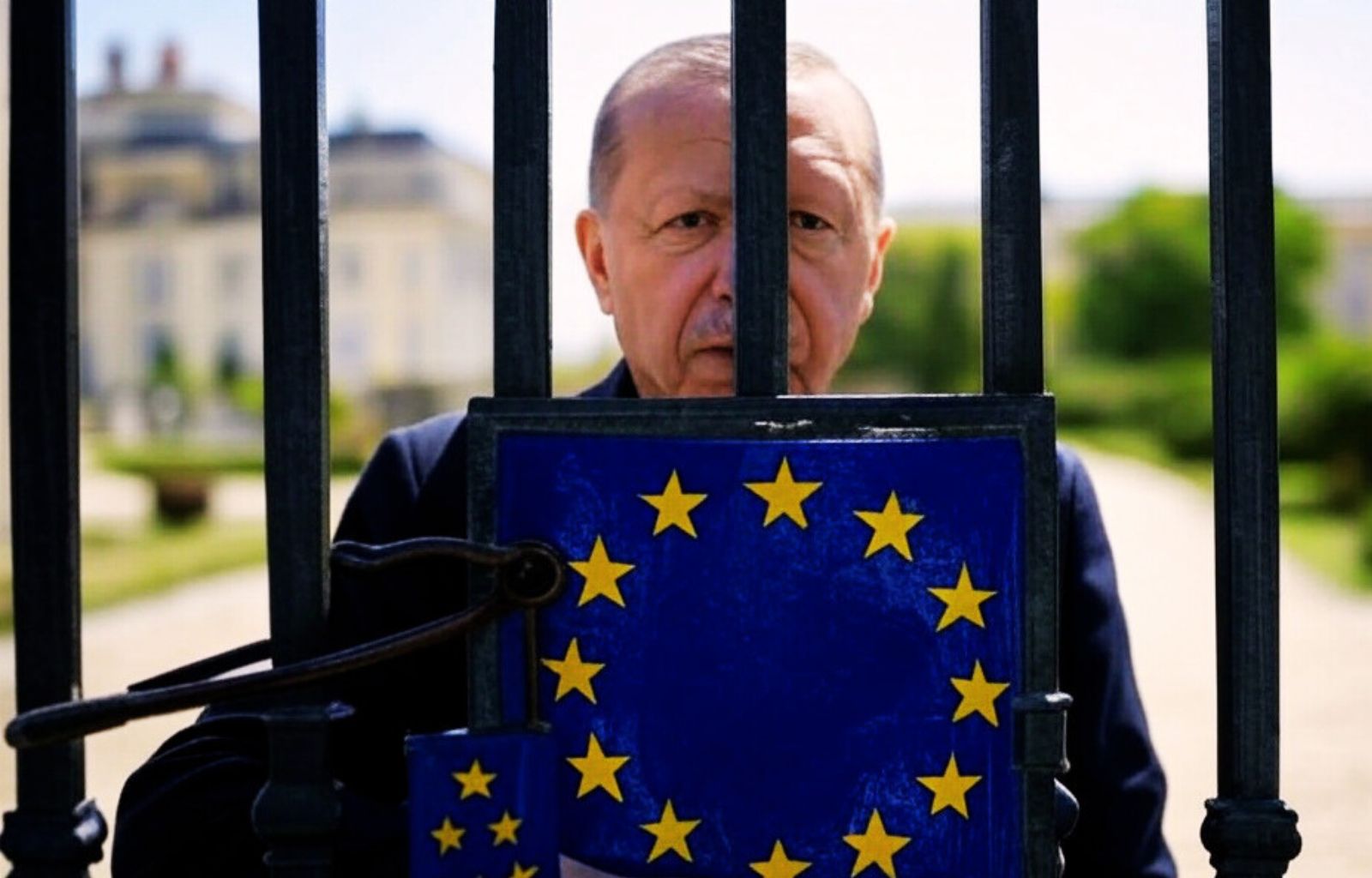The Pd-M5S-Avs motion on Palestine: ideological rhetoric, legal vacuums and dangerous silences

Let’s start with a premise: we agree with the goal of establishing a State of Palestine. However, recognizing a “democratic Palestinian State” within borders that currently do not exist and are unfeasible raises serious questions about consistency, international law, and political responsibility.
In a joint motion, the Partito Democratico, the Movimento 5 Stelle and the Alleanza Verdi-Sinistra have called on the Italian government to recognise the State of Palestine ‘within the 1967 borders’, describing it as ‘democratic and sovereign’. The initiative, presented by Elly Schlein, Giuseppe Conte, Nicola Fratoianni and Angelo Bonelli, is part of a renewed political activism on the Middle East crisis, but raises more doubts than solutions.
Borders never existed, democracy never defined
The motion rests on two problematic assumptions. The first concerns the so-called ‘1967 borders’: an expression often evoked, but with no real legal basis. Those lines were never international borders, but mere armistice lines drawn in 1949, at the end of the Arab-Israeli war. No state – neither Arab nor Israeli – ever recognised them as definitive.
To reason on that basis, therefore, is to adopt language that is diplomatically imprecise and legally weak. Especially when used to justify an official act such as the recognition of a state.
The second critical point is the definition of Palestine as a ‘democratic state’. A legitimate assessment on an ideal level, but seriously lacking on a factual level. Currently, Palestine is divided between the West Bank, ruled by a Palestinian National Authority that has not held elections for almost two decades, and the Gaza Strip, controlled by Hamas, a movement classified as a terrorist organisation by the EU and other international actors.
Insight – What are the ‘1967 lines’?
In the debate on the Israeli-Palestinian conflict, reference is often made to the ‘1967 borders’, but this is actually a misnomer. Those lines – known as the 1949 armistice lines – marked the ceasefire between Israel and the Arab countries at the end of the 1948 war. They were never recognised as official international borders, either by Israel or its Arab counterpart.
The UN Security Council, with Resolution 242 of 1967, did not call for a return to those borders, but for negotiations to define secure borders recognised by both sides.
Democracy or rhetoric?
To speak of a democratic Palestinian state today is to deliberately ignore the real political context: an authority that represses dissent, financially rewards the families of those convicted of terrorist acts, and has not explicitly condemned the 7 October massacres, and an organisation like Hamas that practices authoritarian and fundamentalist control over the population of Gaza.
This is not to deny the Palestinian people’s right to self-determination. But full and unconditional recognition, without constraints on governance, security, human rights and coexistence, empties the word ‘democracy’ of meaning and risks strengthening actors who do not share the values of the liberal order.

Focus – What is the Palestinian National Authority today?
The Palestinian National Authority (PNA) is a self-governing entity established in 1994 after the Oslo Accords. It manages part of the West Bank and is based in Ramallah, but since 2007 it has lost all control over the Gaza Strip, which came under Hamas authority.
President Mahmoud Abbas has been in office since 2005, with no democratic elections since then. The NPA has often been criticised for corruption, repression and authoritarianism, making any definition of ‘democratic’ controversial in the current Palestinian context.
Double standards
Finally, the motion calls for an embargo on arms supplies to Israel (which Italy already does not do), but is completely silent on the arms supply chain that feeds Palestinian terrorism, from Hamas to Islamic Jihad. Similarly, the appeal to international law only seems to apply in one direction: when Israel strikes targets that armed groups use as operational bases (hospitals, schools, mosques), there is a cry of violation; when it is the militiamen who militarise those places, the silence is deafening.
Divided Europe – How the European Union has positioned itself on Palestine
The EU officially supports the two-state solution, but has never formally recognised Palestine as a state. Some members, like Sweden and Hungary, have done so unilaterally. Others, like Italy, France and Germany, link any decision to direct negotiations between the parties.
After the war in Gaza, a more heated discussion was opened in countries like Spain, Ireland and Belgium, but a common European position remains far away.
A motion that risks weakening the debate
Ultimately, the Pd-M5S-Avs motion appears more like a symbolic and ideological gesture than a real contribution to peace. Because without addressing the internal contradictions of the Palestinian reality, without clarifying the meaning of ‘borders’ and ‘democracy’, and without measuring the responsibilities of all parties involved, we end up producing propaganda, not foreign policy.
Such a complex issue deserves a different approach: rigour, consistency and the ability to hold rights and security together. Three things that seem to be missing from the vocabulary of a certain opposition at the moment.












